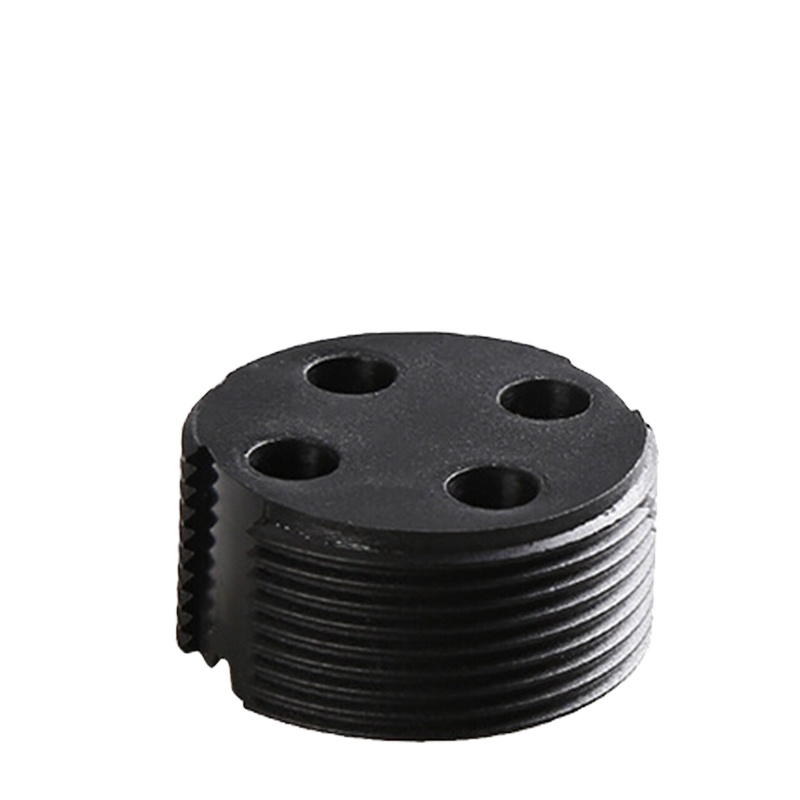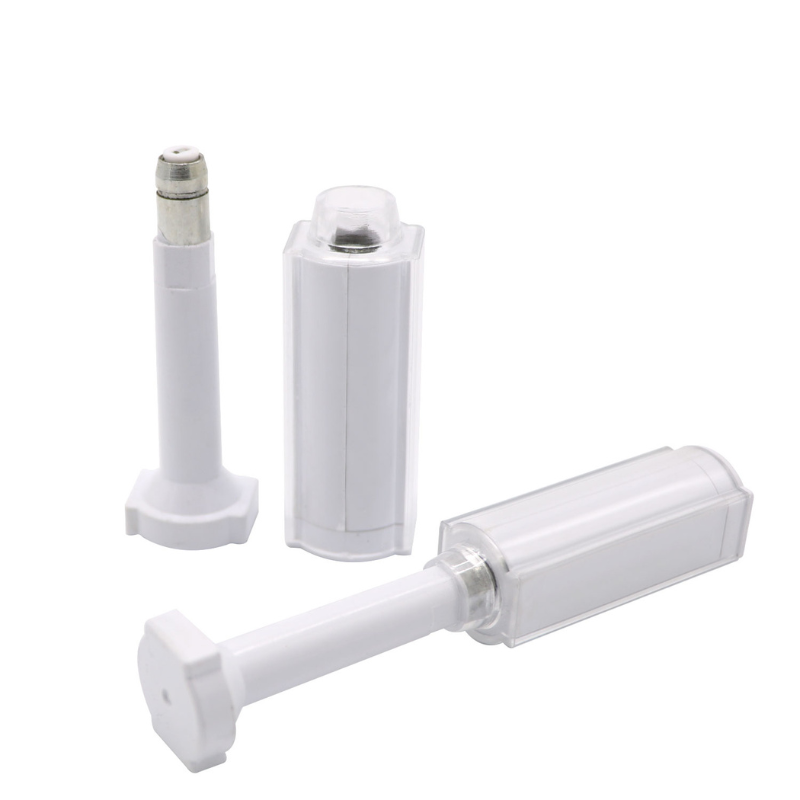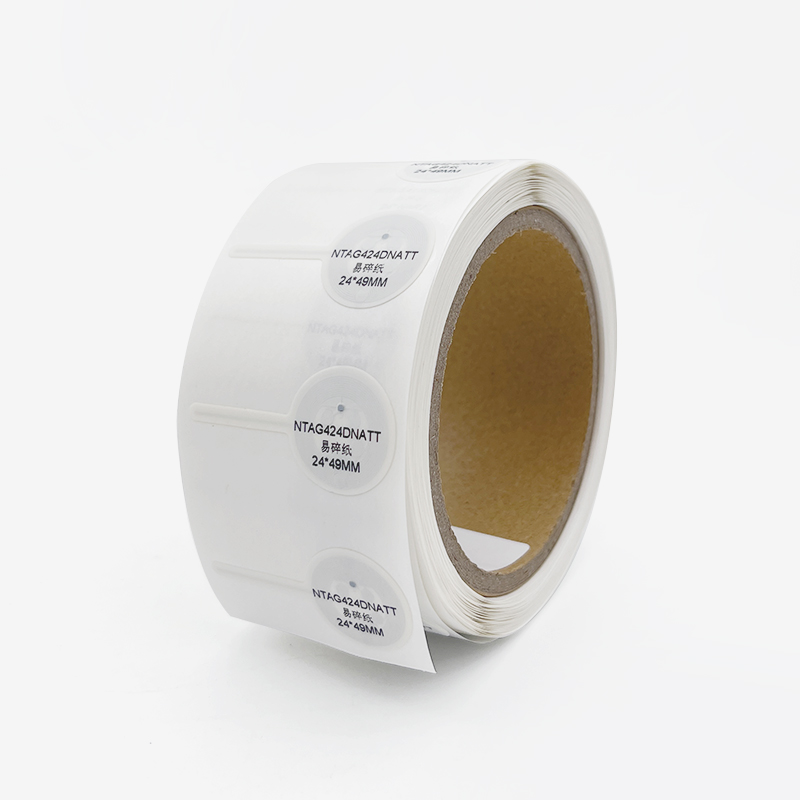
How do Passive RFID Tags Work?
Table of Contents
Understanding RFID Tags: A Complete Guide to Radio Frequency Identification Technology
In this comprehensive guide, we’ll explore everything you need to know about NFC tags, from basic concepts to practical applications. Whether you’re a tech enthusiast or business owner, understanding NFC technology can open up exciting possibilities for automation, security, and convenience.
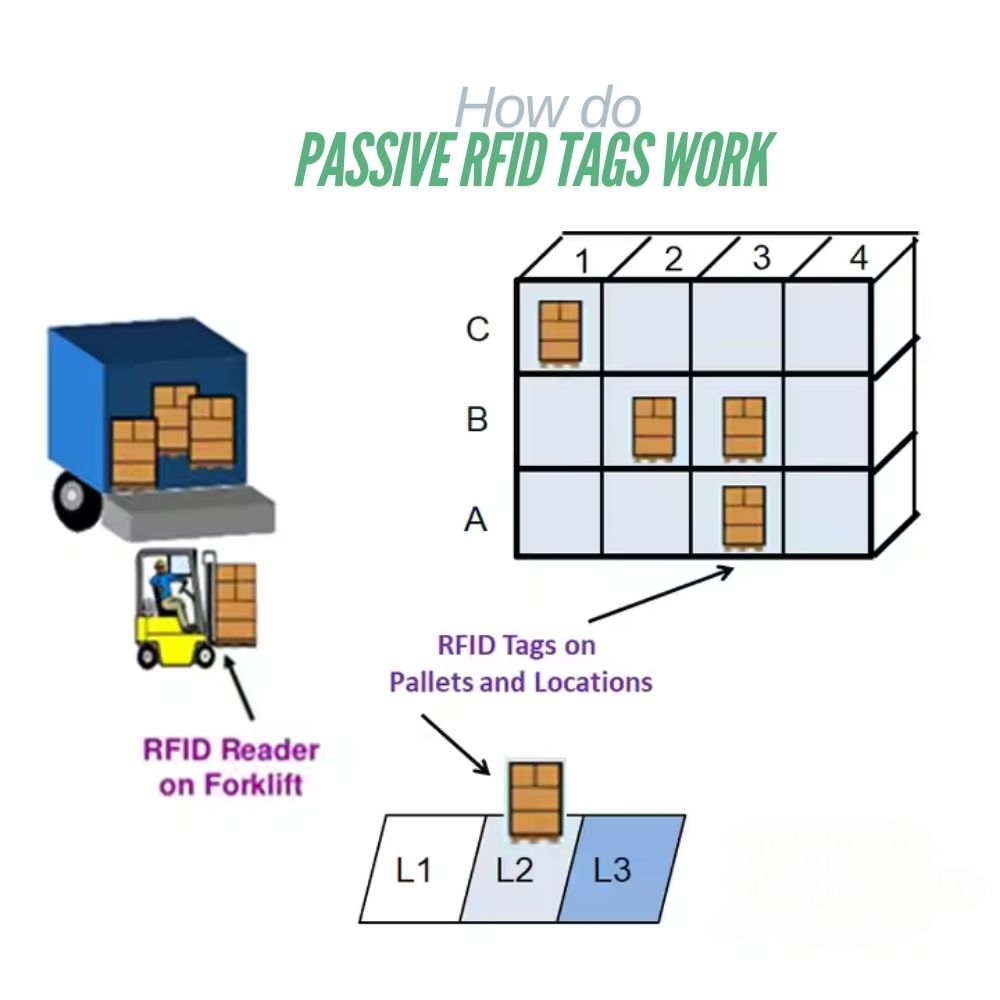
What Are NFC Tags and How Do They Work?
NFC tags are small electronic devices that contain tiny microchips and antennas. These smart tags communicate wirelessly with NFC-enabled devices like smartphones through magnetic induction. Unlike RFID tags, NFC operates at shorter ranges (typically 4 inches or less) and offers more secure two-way communication capabilities.Key components of an NFC tag:
- Microchip for data storage
- Antenna for communication
- Protective housing or sticker
- No internal power source needed
Types of NFC Tags: Which One Should You Choose?
There are several types of NFC tags, each with different capabilities:
| Tag Type | Memory | Speed | Cost | Common Uses |
|---|---|---|---|---|
| Type 1 | 96 bytes | 106 kbps | Low | Simple tasks |
| Type 2 | 48-144 bytes | 106 kbps | Medium | General purpose |
| Type 3 | Up to 1MB | 212 kbps | High | Complex applications |
| Type 4 | Up to 32KB | 424 kbps | High | Security applications |
Benefits of Using NFC Technology
NFC technology offers numerous advantages:
- Contactless payments via Apple Pay or Google Pay
- Quick data transfer between devices
- Automated task execution
- Enhanced security features
- Low power consumption
How Do NFC Tags Compare to RFID?
While both technologies use radio waves for communication, NFC and RFID serve different purposes:
NFC:
- Short-range (up to 4 inches)
- Two-way communication
- Higher security
- Built into smartphones
RFID:
- Longer range
- One-way communication
- Lower cost per tag
- Requires special readers
Practical Applications of NFC Tags
Common uses for NFC tags include:
- Access control systems
- Digital business cards
- Smart home automation
- Inventory tracking
- Marketing campaigns
Security Considerations When Using NFC Tags
While NFC technology is generally secure, consider these factors:
- Data encryption options
- Tag write protection
- Physical security
- Regular verification checks
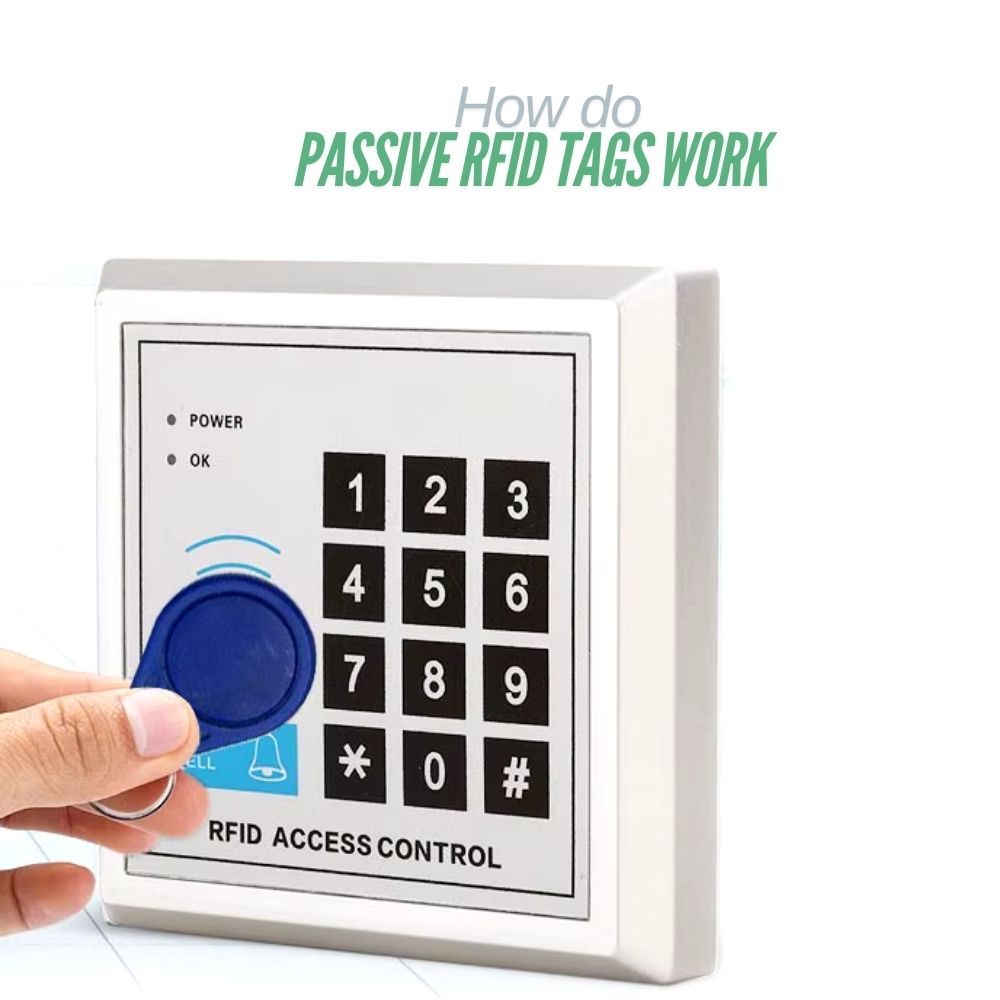
Frequently Asked Questions
What's the maximum range for NFC communication?
NFC typically works within 4 inches (10 cm) or less.
Can NFC tags be rewritten?
Most NFC tags are rewritable unless specifically locked.
Do all smartphones support NFC?
Most modern smartphones have NFC capabilities, but some budget models may not.
How long do NFC tags last?
NFC tags can last several years and support thousands of reads/writes.
Comments
Hot Products
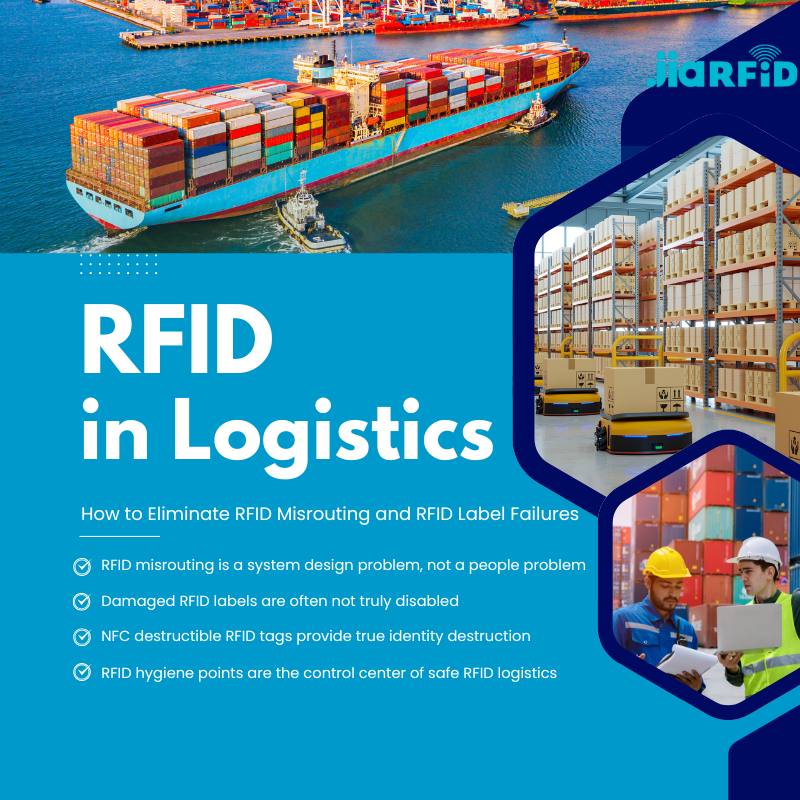
RFID in Logistics: How to Eliminate RFID Misrouting and RFID Label Failures
RFID in logistics is more than just a tool to speed up processes. It has become a key part of how modern supply chains operate.
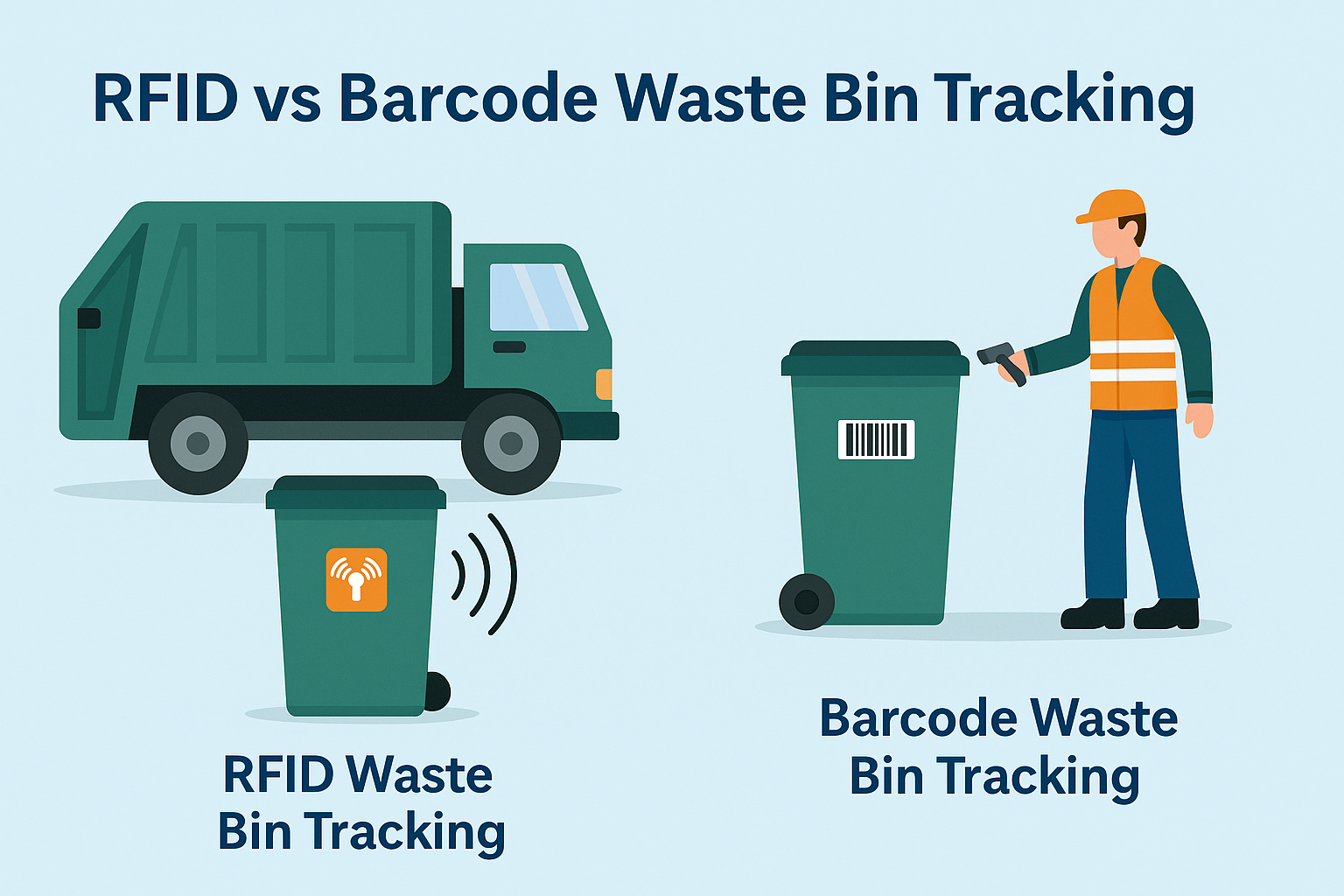
What Is RFID Waste Management
Imagine a city where every trash bin speaks — not literally — but through a tiny chip that tells the system when it’s full, when it’s emptied, and where it went. That’s what RFID waste management is doing today.
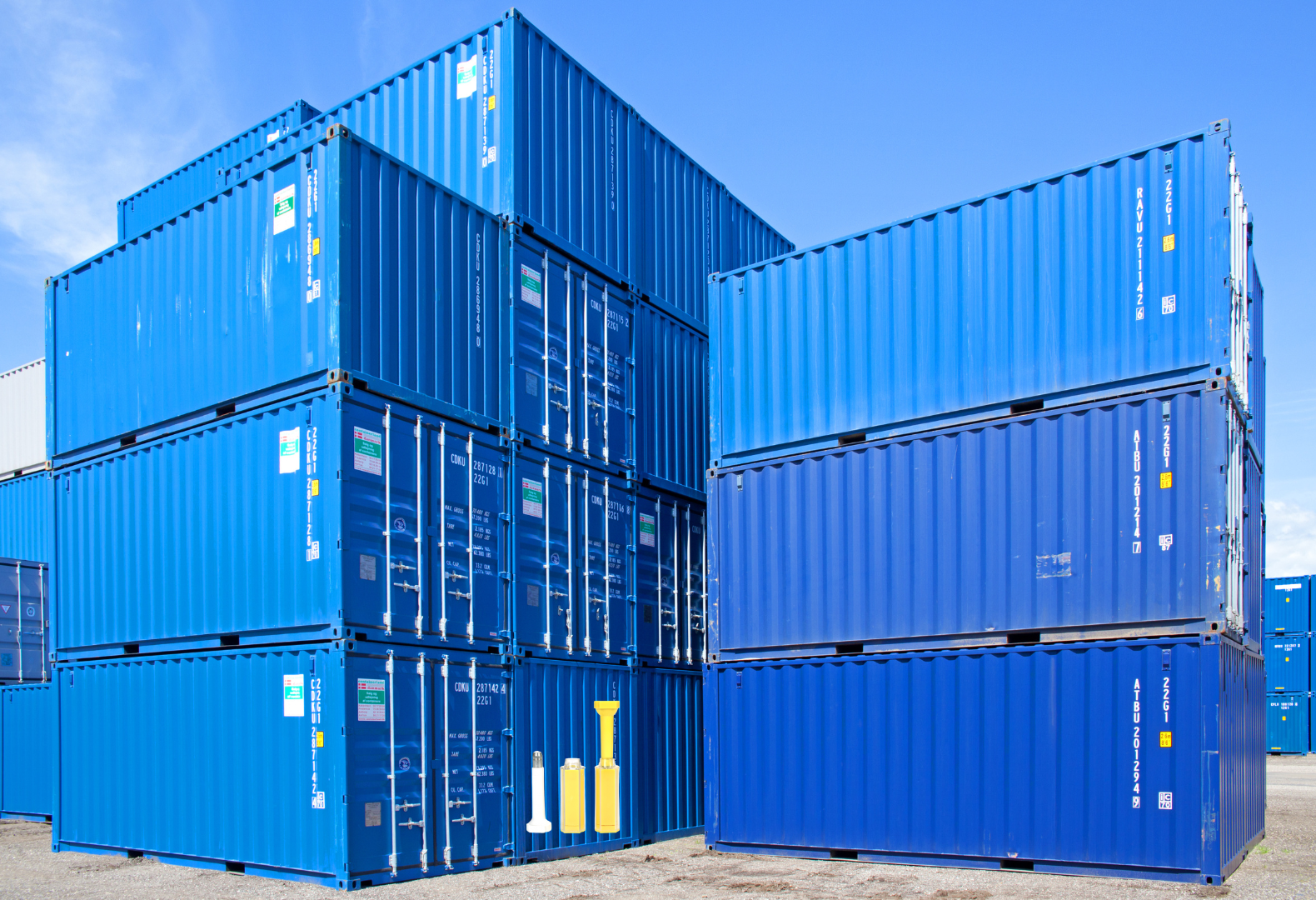
What are Bolt Seals and their Applications? | Complete Guide
In global trade and logistics, bolt seals play a crucial role in ensuring cargo security and compliance. These small but powerful devices are designed to lock shipping containers, trailers, and cargo doors with a tamper-evident mechanism.
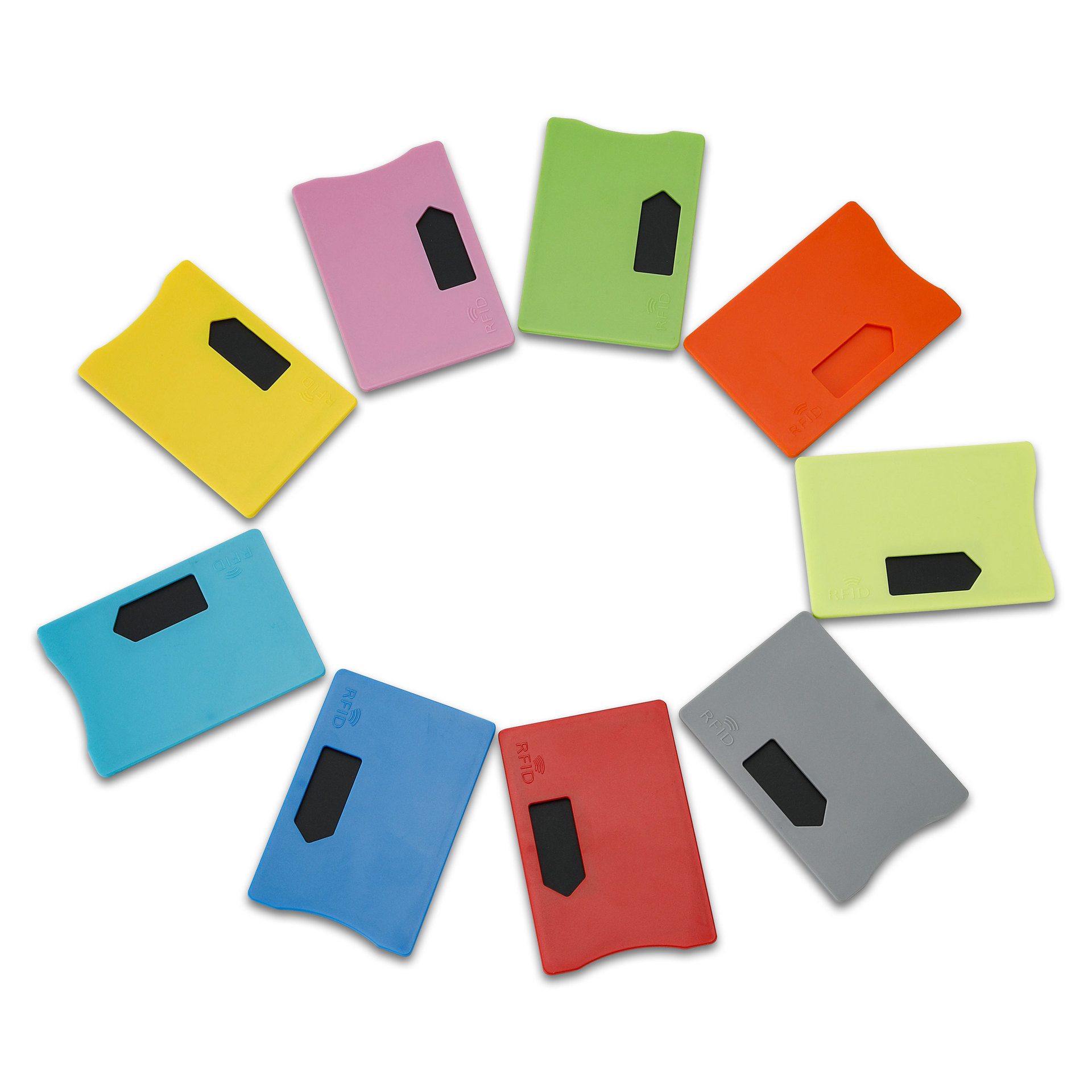
What is an RFID Card Protector? Benefits, Use Cases, and Buying Guide
RFID technology (Radio Frequency Identification) is everywhere: in your credit cards, ID badges, transit passes, hotel room keys, and more. It offers speed and convenience, but it also opens the door to a new kind of digital theft called “skimming.” That’s where an RFID card protector comes in.

RFID Wristbands for Events: Bulk Buying Guide for Organizers
RFID wristbands for events are becoming the go-to solution for organizers who need faster entry, fraud prevention, and cashless payments at concerts, festivals, and sports venues. Unlike paper tickets or QR codes, these smart wristbands use embedded chips to streamline access, secure transactions, and improve the guest experience.
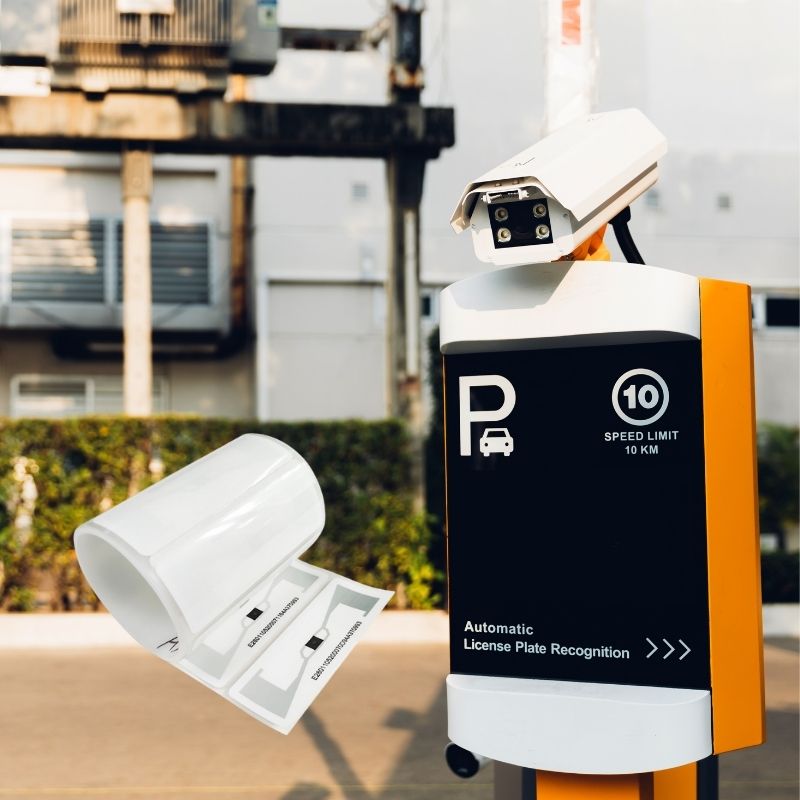
How RFID Tag on Windscreen Improves Vehicle Access Control and Toll Systems
In today’s fast-paced world, vehicle identification needs to be quick, secure, and contactless. An RFID Tag on the Windscreen provides exactly that — a reliable way to manage toll collection, parking, and gated access without stopping vehicles.
Tags
RELATED BLOGS

RFID in Logistics: How to Eliminate RFID Misrouting and RFID Label Failures
RFID in logistics is more than just a tool to speed up processes. It has become a key part of how modern supply chains operate.

What Is RFID Waste Management
Imagine a city where every trash bin speaks — not literally — but through a tiny chip that tells the system when it’s full, when it’s emptied, and where it went. That’s what RFID waste management is doing today.

What are Bolt Seals and their Applications? | Complete Guide
In global trade and logistics, bolt seals play a crucial role in ensuring cargo security and compliance. These small but powerful devices are designed to lock shipping containers, trailers, and cargo doors with a tamper-evident mechanism.


